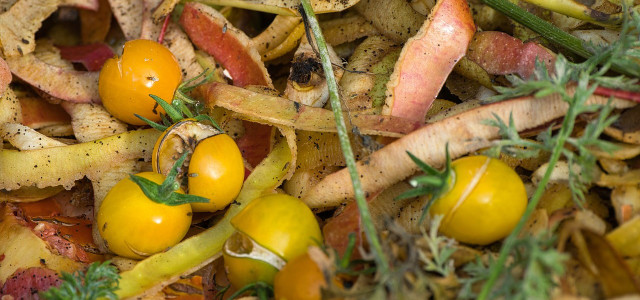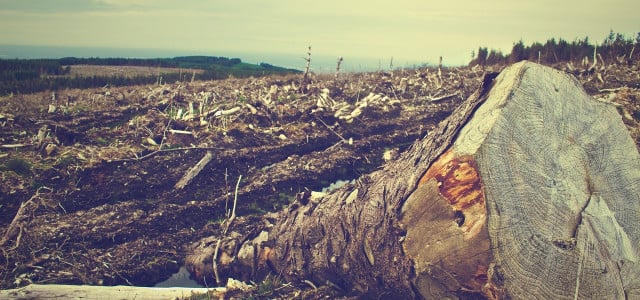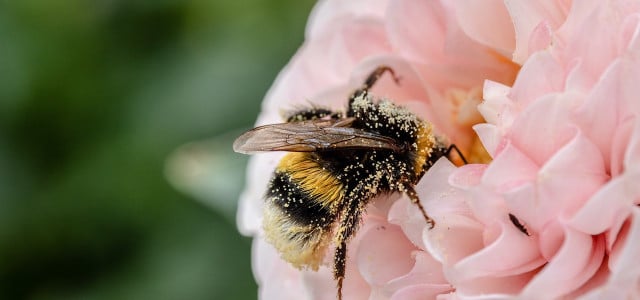We all know that composting is the best way to dispose of organic matter, but there is more to compost than meets the eye! Here are 10 surprising benefits of composting.
Composting is the art of turning waste into wealth by decomposing organic matter into healthy, rich fertilizing soil. It can seem like magic, and many people aren’t sure exactly how composting works. In short, composting relies on microbes, insects and worms to break down waste. The resulting dark, earthy substance is the lifeblood of the garden, reinvigorating it with nutrients, minerals and microorganisms.
But did you know there are more advantages of compost than meets the eye? Here are 10 surprising benefits of composting:
1. Composting Reduces Erosion and Improves Soil Stability
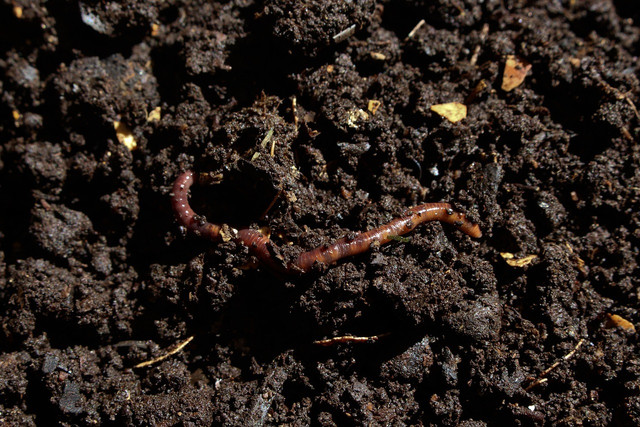
(Foto: CC0 / Pixabay / Chesna)
In many parts of the world where mass deforestation has occurred, the earth is fragile, and soils degrade and erode, causing unstable landscapes. The benefits of composting include healing the wounds inflicted upon the land.
By taking organic waste — like food scraps or garden waste — and turning it into nutrient-rich soil, we can help rebuild the natural structures and ecosystems lost to years of neglect and abuse. In compost-enriched soil, the land becomes more resilient, and plants take root, stabilizing slopes and preventing erosion. It makes soil better able to withstand the ravages of storms and floods.
2. Fewer Pests and Diseases
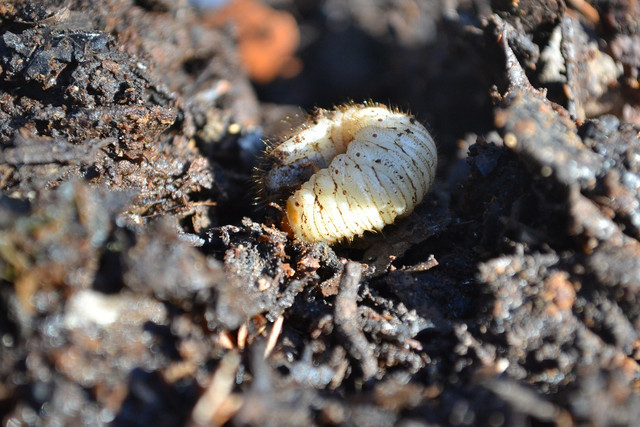


(Foto: CC0 / Pixabay / denosthomas)
Besides helping plants grow stronger, compost can directly suppress disease by providing a natural barrier against diseases and other pathogens. Although compost doesn’t eliminate pathogens completely, it changes the soil’s microbe environment, making it less likely that those microbes will harm plants.
Compost is also a natural pesticide, helping reduce pest problems by attracting beneficial insects that prey on pests. However, not all food can be composted and added to your backyard compost pile. Composting meat and animal products is technically possible, but they often attract pests like rodents, which may make nests in your compost if you don’t turn it regularly.
3. Composting Reduces the Water Needed to Maintain Healthy Soil



(Foto: CC0 / Pixabay / MichaelDS8517)
As the global population continues to grow and demands on land increase, water may become scarce. We cannot continue to use this resource as if it were infinite. Composting can reduce the amount of water needed to maintain healthy soil. This is one of the most wide-reaching advantages of composting.
By adding organic matter to the soil, compost helps to retain moisture and nutrients, lowering the need for irrigation and making the water go further. It means plants can grow stronger, more resilient, and withstand drought and other challenges. Improved water retention also means lower water bills.
Read: 10 Mistakes That Keep Everyone From Saving Water
4. Benefits of Composting Include More Savings
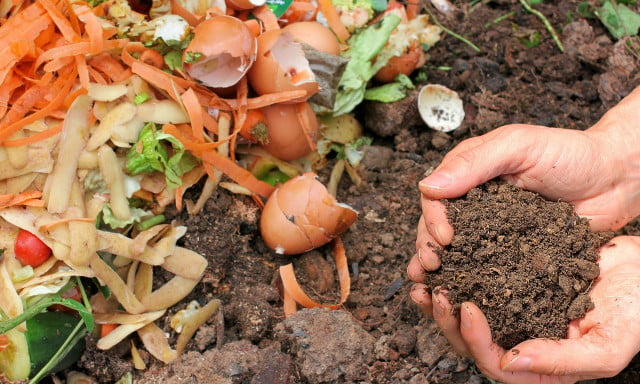


(Foto: CC0 / Pixabay / melGreenFR)
American households waste around $2200 of food every year. Composting at home can help you visualize your waste and help you plan your grocery trips more accurately — a great help when you’re grocery shopping on a budget.
Furthermore, high-quality compost can be costly if you buy it in your local gardening store. At-home composting can save money by reducing the need for commercial fertilizers, soil amendments and other gardening supplies. The more you compost, the more rich soil you’ll have, the more produce you’re likely to grow and the more healthy compost you’ll have for the next growing season!
5. Composting Can Improve Air Quality
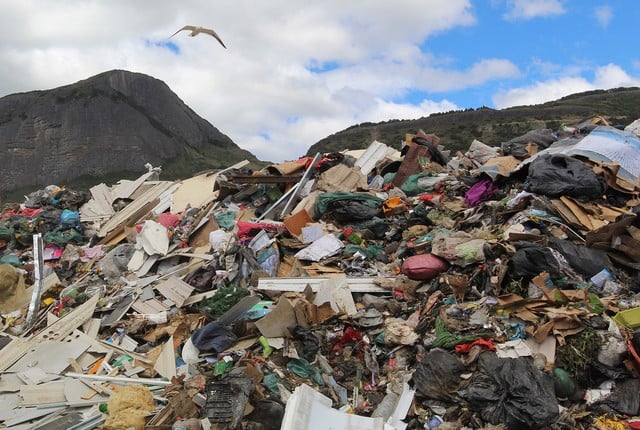


(Foto: CC0 / Pixabay / HeamnaManzur)
When we throw organic waste into landfills, it decomposes without access to air, releasing methane, a potent greenhouse gas that contributes to climate change. But when we compost that waste, we create an environment where oxygen-loving bacteria can thrive, breaking down the waste without producing methane.
Many cities and towns offer green waste collections, where organic waste can be treated and processed safely. Home composting is just as effective in reducing organic refuse in landfills. We encourage home composting for many reasons, including that it does not require additional transportation.
6. Composting Benefits Communities
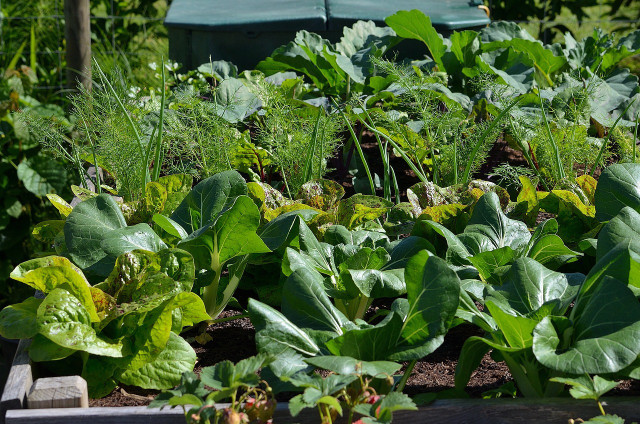


(Foto: CC0 / Pixabay / eg6da6)
Composting can be more difficult in cities, especially if you need to learn how to compost in an apartment without access to a garden. However, community composting programs are on the rise, where households work together to create a larger, communal pile to benefit everyone. These compost piles and community gardens offer a place where communities can come together to reduce waste and promote sustainable living.
Waste is not necessarily a problem — we can also see it as a resource for use, as nutrient-rich soil is a valuable product farmers and home gardeners need. City composting schemes also create jobs and stimulate economic development in waste management and agriculture industries.
7. Less Waste Sent to Landfills
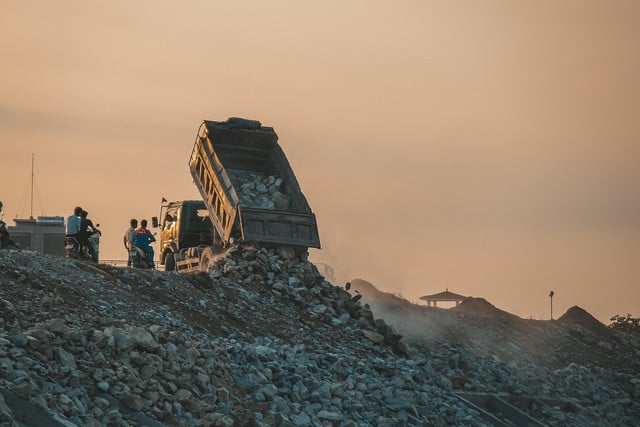


(Foto: CC0 / Pixabay / khoinguyenfoto)
Where does your trash go? According to the UN’s Environmental Program Food Waste Index, 1.3 billion tons of food are wasted annually. Food scraps and yard waste account for over 30% of a typical waste stream.
Though some say landfills are a monument to our failure to manage our resources wisely, they are an unfortunate necessity. The benefits of composting include up to a third less waste going to landfills, prolonging the lifespan of existing landfills and reducing the need for new ones.
Are you interested in wasting less food? Read our guide, 10 Pro Tips for Reducing Food Waste.
8. Benefits of Composting: More Biodiversity
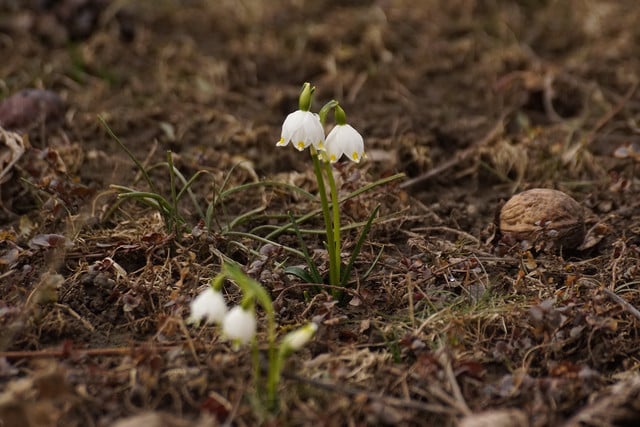


(Foto: CC0 / Pixabay / gb59098)
As compost heaps turn to soil, before plants start to grow, they come alive with new life. Compost piles provide a habitat for beneficial insects, worms, fungi and other microorganisms. Worms, especially, help to break down organic matter, improve soil fertility and enhance the overall health of soil.
Worms wriggle through the nutrient-rich earth, birds feast on them and other insects are drawn to the newly enriched soil, leading plants to sprout in abundance. With each batch of compost, soil becomes healthier and more fertile, providing a welcoming environment for a multitude of species. As the ground improves, so too does ecosystem diversity.
9. Composting Lowers the Need for Synthetic Soil Amendments
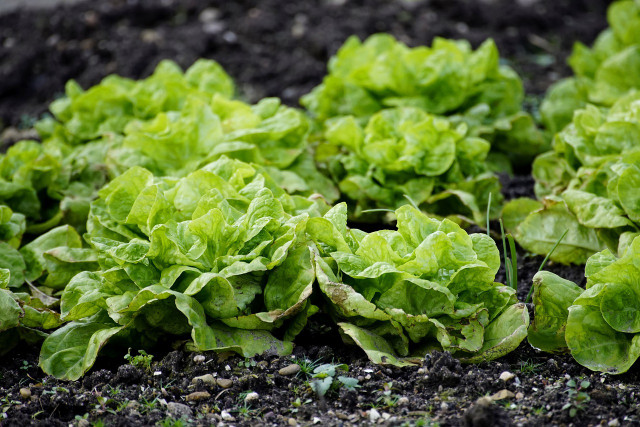


(Foto: CC0 / Pixabay / beauty_of_nature)
Some soil, like clay soil, poses numerous challenges for gardeners. New life forms find this soil type inhospitable because it is so compact. It may be possible to till clay soils to create more air pockets, but the next rain will likely push the ground back into its previous consistency, making it challenging to create a healthy and thriving ecosystem.
The best way to nourish these problem soils is with compost. Once the compost is added, it breaks up the particles and lets more water, air and roots get in. Additionally, soils mixed with compost have properties that are beneficial to gardening, such as the high capacity to retain both water and plant nutrients.
For eco-friendly fertilizer options, check out some of our garden guides:
- Eggshells as Fertilizer for Garden Plants and Seed Starter
- The Best Fertilizer for Fruit Trees Per Age and Tree Type
- Homemade Plant Food: Tips for Helping Wilted Plants
- The Best Fertilizer for Indoor Plants and When to Use It
10. Creativity and Innovation: Little-Known Benefits of Composting
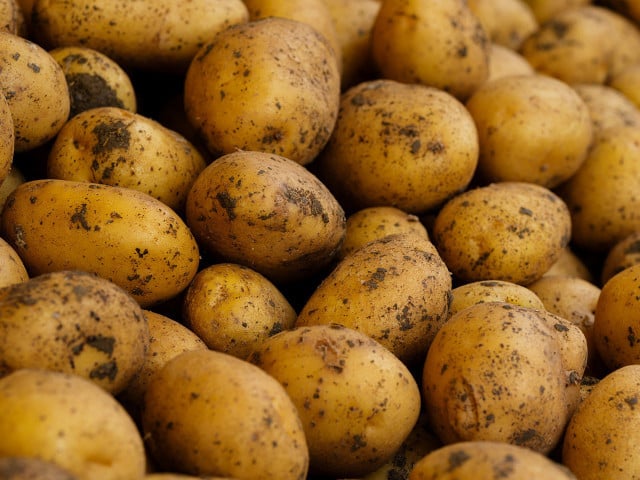


(Foto: CC0 / Pixabay / Engin_Akyurt)
Composting is a promising source of inspiration and innovation. Studies about compost and the process of decomposition have led to new ways of producing energy, and new approaches to sustainable agriculture.
There are many reasons food waste is a problem. We only consume about two-thirds of the food we produce. Composting at home helps us confront this issue head-on. Reckoning with how much food your household wastes and dealing with the consequences in real terms makes us more likely to waste less food.
Read more:
- Cold Composting 101: How to Get Started
- Why Your Compost Has Mold and How to Still Use It
- How to Regrow Romaine Lettuce: Simple Step-by-Step Instructions
Do you like this post?






